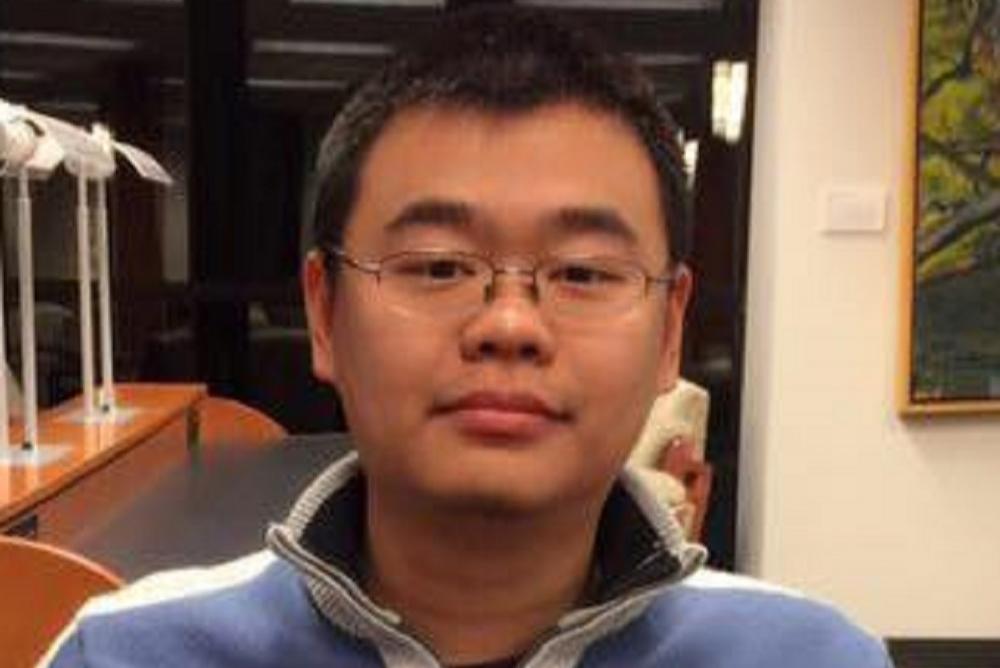A&S Graduate Studies
[PAST EVENT] Cheng Li, Computer Science - Oral Exam

Abstract:
People nowadays more rely on cyberspace than ever before. Meanwhile, the public concerns on cyberspace reliabilities also grow stronger. Moreover, with the emergence of new technologies, such as Software-Defined Networking (SDN), Internet of Things (IoT), and fog computing, and the increase of novel services and users of these services, cyberspace is facing new reliability challenges. In this proposal, we investigate these new reliability challenges in different layers of the cyberspace, and propose approaches to address these new challenges, making future cyberspace more secure, robust and trust-worthy.
First, in the physical layer of the cyberspace, which refers to the devices and communication channels between devices, we investigate the security issues of OpenFlow channel in SDN, a promising networking technology for future networks. The OpenFlow channels between controllers and switches in SDN are critical to SDN. Once intercepted, adversaries may take control of the network and stealthily modify forwarding rules in switches. This may bring users of the network to a disastrous situation. Although authentication and encrypted secure channel like Transport Layer Security (TLS) may help, these techniques have their own limitations. In this work, we first implement demos of Man-in-the-Middle (MitM) attacks targeting OpenFlow channel and propose a countermeasure with Bloom filters to detect such attacks. Our approach is both lightweight and efficient and can be the supplement of techniques like TLS.
Second, in the logical layer of the cyberspace, which refers to the configurations of the network, we investigate the scheduling problem in distributed SDN controllers. In order to make the control plane more fault-tolerant, distributed controllers are introduced. However, distributed controllers bring consistency issues. Moreover, as the growing Machine-to-Machine (M2M) traffic, scheduling flows in distributed controllers becomes a tough problem. In this work, we propose two solutions for scheduling forwarding table updates in SDN with per-packet consistency guaranteed: an optimal solution and a heuristic solution. Our heuristic solution achieves a very high performance compared to other baseline algorithms.
Finally, in the social layer of the cyberspace, which refers to the applications and interactions between cyber persona, we try to extract features of fake news from users' latent space. In this proposed work, we study on the dataset of Twitter posts related to the 2016 U.S. presidential election during the period from October 2016 to November 2016. We first get the latent space (political leaning) of users in this data set. Then we get the distribution of accounts that follow fake news and authentic news in the latent space. By comparing the differences between these distributions, we try to tell whether a certain piece of information is possibly fake or not.
Biography:
Cheng Li is a computer science Ph.D. candidate advised by Professor Qun Li at William & Mary. He received his M.E. in computer science at Harbin Institute of Technology in 2013 and B.E. in computer science at Nankai University in 2011.
